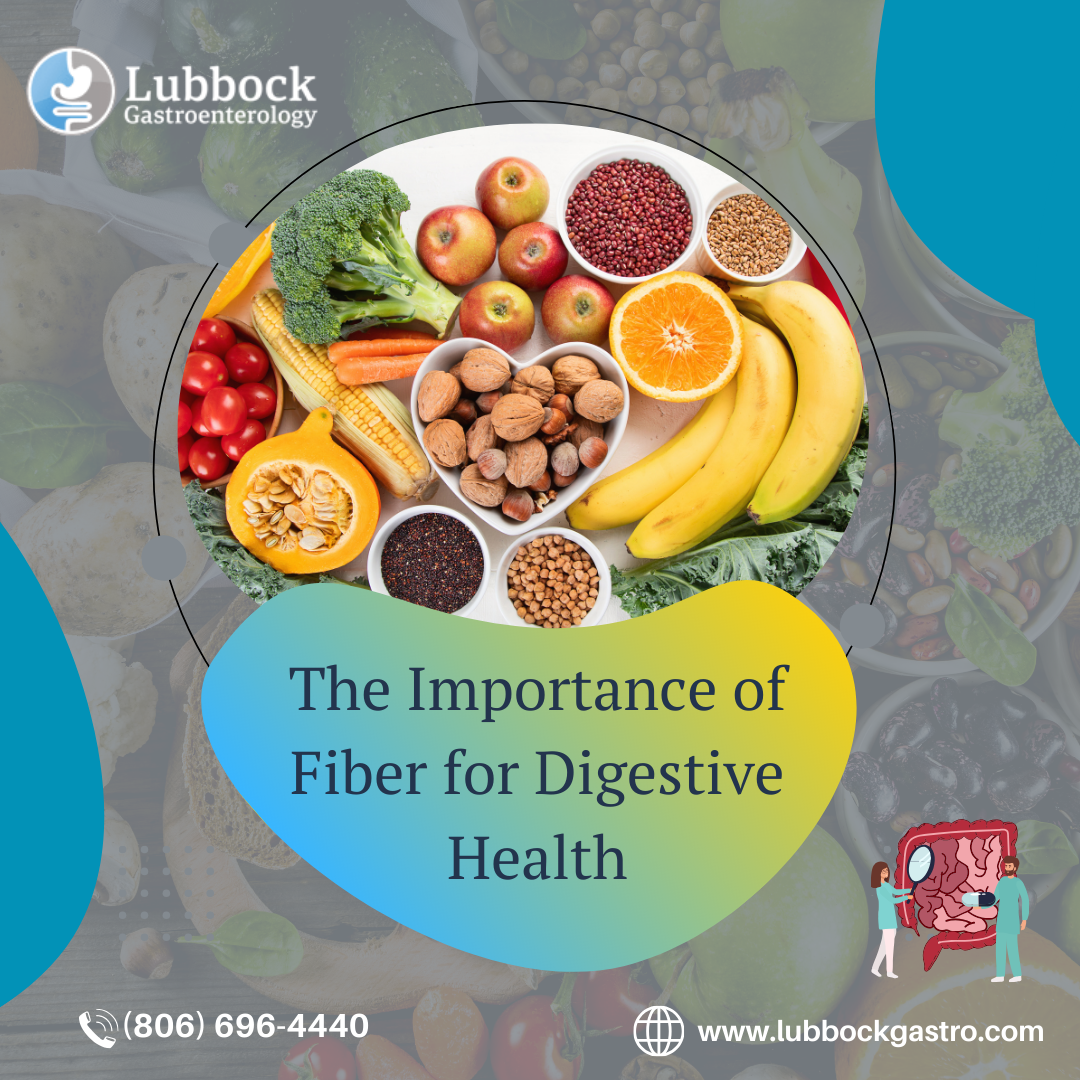

Fiber and whole foods play a vital role in maintaining optimal digestive health. A diet rich in these elements can significantly improve gut health and prevent various digestive problems. This comprehensive guide will delve into the crucial role of fiber and whole foods in supporting your digestive system, outlining the benefits and providing practical strategies for incorporating them into your daily routine. We’ll explore how specific types of fiber and whole foods contribute to digestive health, examine the potential problems that can arise from insufficient fiber intake, and outline practical solutions for incorporating whole foods and fiber into a healthy diet. The structure will cover the basics of fiber and whole foods, followed by discussions on their impact on digestion, and practical tips for diet changes.
Understanding the Importance of Fiber
Fiber’s Essential Role in Digestion
Fiber, a type of carbohydrate, is not digested by the human body. Instead, it adds bulk to stool, which helps regulate bowel movements. This regulation prevents constipation and promotes healthy digestion. Insoluble fiber, found in whole grains, vegetables, and fruits, adds bulk to the stool. Soluble fiber, found in oats, beans, and citrus fruits, helps to slow down digestion, which is helpful for those with digestive issues or who have difficulty managing blood sugar levels. The bulk of fiber is crucial in keeping our gut moving in the right way. Fiber also provides the gut bacteria with nutrients which is important for maintaining a healthy balance in the gut microbiome.
Whole Foods: The Foundation of a Healthy Diet
The Nutritional Benefits of Whole Foods
Whole foods, including fruits, vegetables, whole grains, legumes, and nuts, are packed with essential nutrients, vitamins, and minerals that are vital for overall health. They are also rich in fiber, which helps keep our digestive system running smoothly. In essence, whole foods form the bedrock of a healthy diet. The focus on whole foods often involves reducing processed foods. These often lack the essential nutrients that are present in whole foods and can contribute to digestive problems and health conditions. Whole foods generally contain more vitamins and minerals than processed options.
Related Post : Understanding the Impact of Sugar and Processed Foods on Energy
The Connection Between Whole Foods and Gut Health
The beneficial bacteria in your gut thrive on the variety of nutrients present in whole foods. A diet rich in whole foods provides these beneficial bacteria with the necessary fuel to flourish and support a healthy gut environment. This healthy gut environment also helps in keeping your body healthy. Studies have shown that a diet rich in whole grains has a positive influence on digestive health. For instance, one study found that people who regularly consumed whole grains had significantly fewer digestive issues compared to those who mainly consumed processed foods.
Practical Strategies for Incorporating Fiber and Whole Foods
Creating a Fiber-Rich Meal Plan
A practical way to increase fiber intake is to plan your meals around whole, unprocessed foods. Focus on fruits, vegetables, whole grains, and legumes to boost fiber consumption. Use whole grain bread, rice, and pasta as part of a balanced meal plan. Include whole grains in your breakfast, such as oatmeal, or snacks. Adding vegetables to your meals and snacks also contributes to the fiber intake. Consider snacking on fruits or vegetables, particularly those with higher fiber content such as berries or leafy greens. Look for opportunities to add whole foods in different ways to your daily routine.
Addressing Common Digestive Issues with Fiber and Whole Foods
Understanding the Link Between Diet and Digestive Problems
Constipation, bloating, and irritable bowel syndrome (IBS) are some of the common digestive problems that a diet rich in fiber and whole foods can help to improve. When our diet lacks fiber, it can lead to slowed digestion, leading to the buildup of waste products and potential bloating. The inclusion of whole foods, especially those rich in fiber, can help address this problem. Furthermore, a well-balanced diet has also shown to help reduce inflammation, which can be associated with various digestive issues. Whole foods help to ease digestion through the addition of natural probiotics to your diet.
The Role of Hydration in Digestive Health
Water’s Impact on Bowel Movements
Water plays a crucial role in digestive health, as it facilitates the movement of food through the digestive tract. Adequate hydration supports healthy bowel movements, preventing constipation and promoting regularity. Sufficient water intake also helps in moving food through the intestines efficiently, allowing nutrients to be properly absorbed and promoting general well-being.
Combining Hydration and Healthy Foods for Optimal Digestion
A combination of sufficient water and whole foods is essential for optimal digestion. Fiber helps with digestive regularity; and adequate hydration facilitates efficient movement of food. It’s crucial to maintain a balance of these two factors. Water intake is often underestimated in relation to gut health.
In conclusion, incorporating fiber-rich foods and whole grains into your diet is crucial for optimal digestive health. A balanced approach that emphasizes whole foods, coupled with mindful eating habits and hydration, can significantly improve digestion. By following these recommendations, you can proactively support your gut health and enhance overall well-being. If you’re experiencing digestive issues, consult a doctor or registered dietitian for personalized advice. Start making small changes today and experience the positive impact on your digestive system!